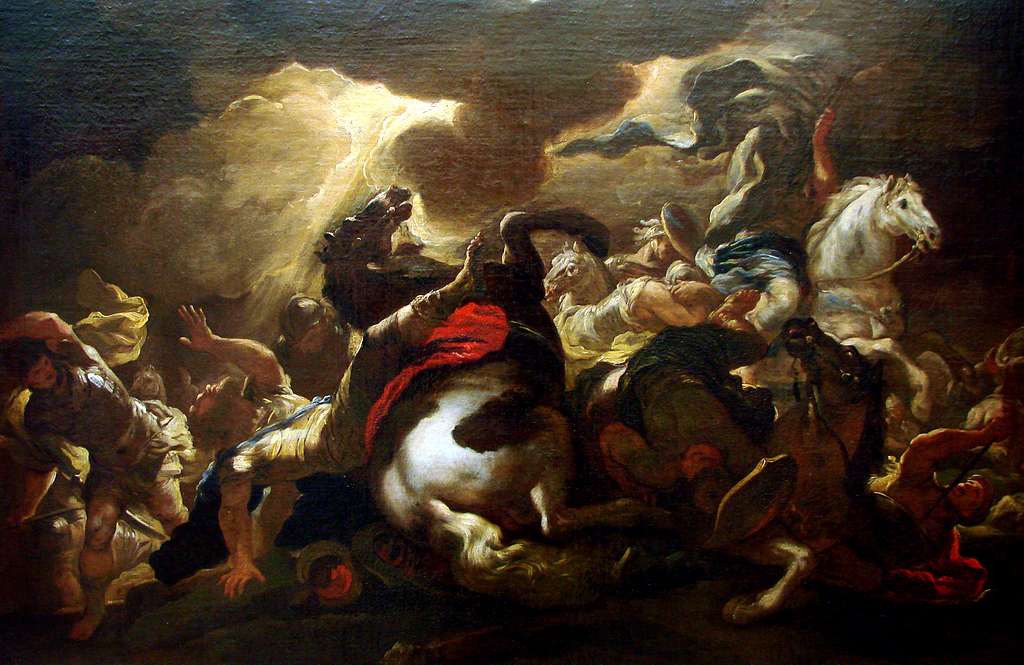
Have you ever wondered what your vocation is? Have you thought to the possibility that God might be asking great things of you? Have you ever considered the reality that if you open yourself to grace, God can change the world through you?
On 29 June the church celebrates the solemnity of two of the greatest figures in the history of the world: St Peter, the first pope, the rock on which the church is built, and St Paul, the greatest missionary the church has ever seen.
These two men are so fundamental to the church’s identity and theology that it is impossible to imagine her without them.
Yet, if we were to consider their qualifications for the vocation to which they were called from a human perspective, we would have to say they would never have made it to an interview, let alone been given the job.
St Peter, the unshakeable rock on which Christ founded his church, was a fisherman from Galilee. No doubt he was hard working and successful at his profession but as we see in the Gospels, he was impetuous, bombastic, and when it came to the crunch, a coward.
St Paul was implacable in his opposition to the early church and was zealous to see every last Christian imprisoned or executed.
What is significant for us is the route these two men took to embracing their vocation.
St Peter had a big heart and wanted to do great things for Jesus, but always on his terms and in his way, relying on his own strength.
He promised Jesus he was even ready to die for him, only to be told bluntly that he would disown his dearest friend three times before daybreak.

After his betrayal, however, Peter did the greatest thing he could have for Jesus. He repented out of love, trusting that Jesus would be merciful. From this place of humility and trust he now found himself open to God’s plan.
St Paul was struck down while racing to Damascus to arrest the Christians there. He lost his sight and independence after hearing Jesus ask from heaven, “Why are you persecuting me?”
Like Peter, the conversion of Paul’s heart began after he was humbled. After years of quiet prayer and learning, Paul’s zeal was unleashed again, not fuelled by hatred for Christ but by a burning love for him.
What enabled Peter and Paul to respond to the enormity of their vocations with generosity was their conviction that the one who called them would give the necessary graces—their willingness to rely on God’s strength instead of their own.
Their betrayals and sins no longer stood in the way of correspondence with God. Instead, the mercy they found in the heart of Jesus meant these very realities became touchstone moments of love that brought them even closer to God.
Now, what about you? You see that you’re a sinner, check. You see that you’re a coward, check. You see that you’re inconstant and unfaithful, check.
Sounds like you’re just the kind of person Jesus is looking for. Go to him, say sorry with great trust, then ask, “Here I am Lord, I come to do your will.” You have no idea how great an apostle God can make you.
